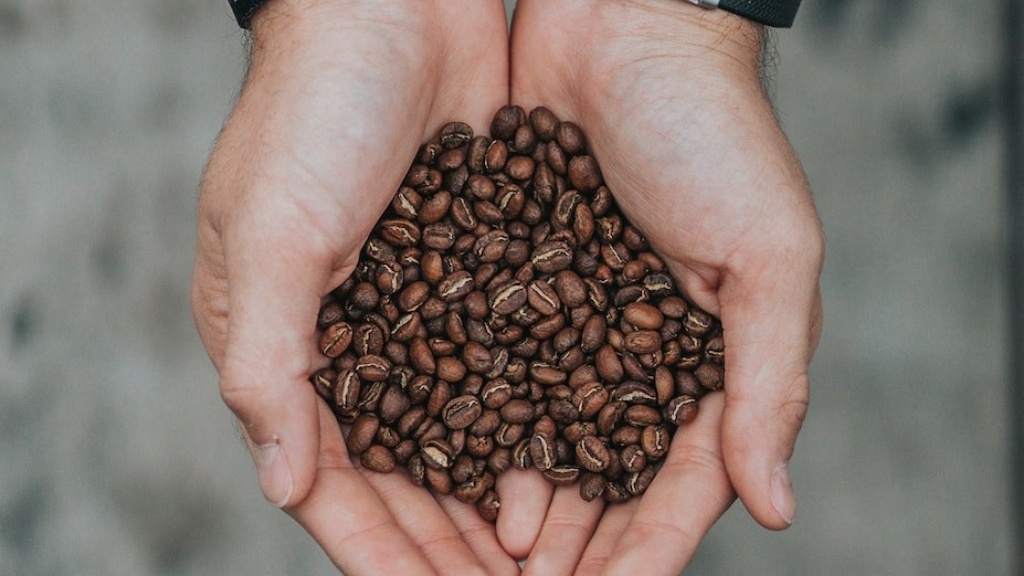Effects of Caffeinated Coffee During Pregnancy
Most pregnant women consider coffee as a morning necessity. But as most pregnant women know, they should watch what they consume while expecting, which begs the question, ‘what coffee can I drink while pregnant?’ The answer, in general, is that it’s not advisable to drink coffee while pregnant in large doses. This is because some research suggests there could be a correlation between drinking coffee and a baby’s birth weight.
In a study by Anahad O’Connor (2007), caffeine consumption during pregnancy was found to potentially stunt a baby’s growth in the womb. The study found that even low doses of caffeine, from coffee, tea and other caffeinated drinks, could reduce a baby’s birth weight. The study concluded that pregnant women should consume less than 200 milligrams of caffeine per day.
When considering consuming coffee while pregnant, it’s important to note that the effects of caffeine can be cumulative, meaning that smaller doses over the course of the day could add up to the 200 milligrams advised by the study. Although this advice is from a single study, it’s useful to consider when looking for the answer to the question, ‘what coffee can I drink while pregnant?’.
It is also important to be aware that drinking too much caffeine can cause jitters and heart palpitations. Moreover, caffeine can cross the placental barrier, entering the baby’s bloodstream and potentially causing the baby to become distressed. As such, it advised to avoid caffeine as much as possible.
That said, practically speaking, most pregnant women do drink some coffee during their pregnancy, with some studies suggesting that occasional coffee drinkers can consume up to two cups per day without complication. In line with the conclusions of Anahad O’Connor’s study, it’s advisable to limit your caffeinated coffee consumption during pregnancy to one cup per day.
Decaffeinated Coffee During Pregnancy
Given the concerns regarding what to drink while pregnant, decaffeinated coffee has become increasingly popular amongst pregnant women. Decaffeinated coffee has much lower levels of caffeine than regular coffee, at around 2 to 12 milligrams per cup. As such, health professionals deem decaffeinated coffee drinking to be much safer than consuming regular coffee.
A study by Researchers published in the American Journal of Obstetrics and Gynecology (2017) found that there was no link between decaffeinated coffee drinking and a decrease of birth weight. Moreover, the researchers even found that decaffeinated coffee consumption was associated with improved fetal growth for those drinking up to four cups of decaffeinated coffee per day.
Given that decaffeinated coffee drinking has been proven to be much safer for expectant mothers and their babies, it is advisable for women asking “what coffee can I drink while pregnant?” to opt for decaffeinated coffee.
Alternatives to Coffee During Pregnancy
If you really need a coffee fix during your pregnancy, there are several coffee alternatives that you can opt for, instead. These alternatives to coffee contain no caffeine and can often provide the same coffee-like taste found in regular coffee.
Ceremonial grade matcha is an increasingly popular alternative to coffee that pregnant women are drinking during pregnancy. Matcha contains high levels of anti-oxidants, dietary fibers and catechins and offers nutritional benefits to the expectant mother. Other caffeine-free alternatives include chicory root coffee, dandelion root tea and herbal roasted grains.
Making the decision to choose a coffee alternative such as matcha during pregnancy is a wise one and pregnant women should do their research to find out more about the different alternatives and what potential benefits they offer.
Health Benefits of Coffee During Pregnancy
Despite the risks associated with caffeine consumption during pregnancy, there can be some health benefits associated with drinking coffee, particularly if it’s consumed in moderation. Coffee contains several vitamins and minerals including phosphorus, magnesium, potassium, Niacin and Vitamins B5 and B3.
In terms of the possible benefits, some research has suggested that drinking one to two cups of caffeine-containing coffee per day can reduce the risk of depression in pregnant women. Furthermore, a study by the American Journal of Obstetrics and Gynecology (2016) found that pregnant women who drank one cup of coffee per day is less likely to suffer from gestational diabetes when compared to those who abstained from drinking coffee throughout their pregnancy.
In addition to this, coffee consumption can offer expectant mothers an energy boost so it is understandable why women would look for information on what coffee can they drink while pregnant. As such, to reap the potential health benefits associated with coffee drinking, the advice is to consume it in moderation.
Herbal Teas During Pregnancy
Herbal teas made from natural ingredients such as ginger and chamomile are widely consumed as a coffee alternative during pregnancy.These teas are widely available and renowned for their calming and soothing effects on expectant mothers. Brewed with hot water, herbal teas can help pregnant women to stay hydrated, combat morning sickness and potentially even relieve the pregnancy-associated cramps.
Herbal teas are especially popular amongst pregnant women who are searching for what coffee to drink during their pregnancy in lieu of coffee. As these teas are caffeine-free, they are deemed as much safer than regular caffeinated coffee and as such, drinking up to four cups of herbal tea per day should be safe.
Pregnant women searching for a coffee alternative should research the various herbal teas available and assess if any of them could be beneficial to their health.
Summary
While many pregnant women ask the question ‘what coffee can I drink while pregnant?’, the answer should always be in moderation. Drinking coffee during pregnancy, particularly in large doses, can cause harm to the baby, reducing their birth weight and potentially causing distress.
As with most things during pregnancy, practice moderation when considering coffee and look for the alternatives that can offer similar, if not better, benefits. Decaffeinated coffee and herbal teas are the safer option and have the advantage of avoiding any potential issues with caffeine consumption.




